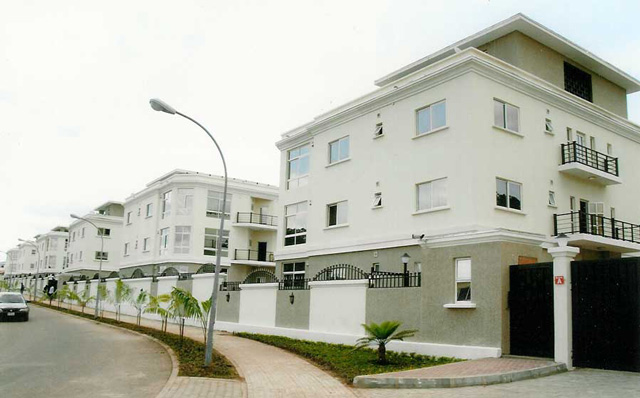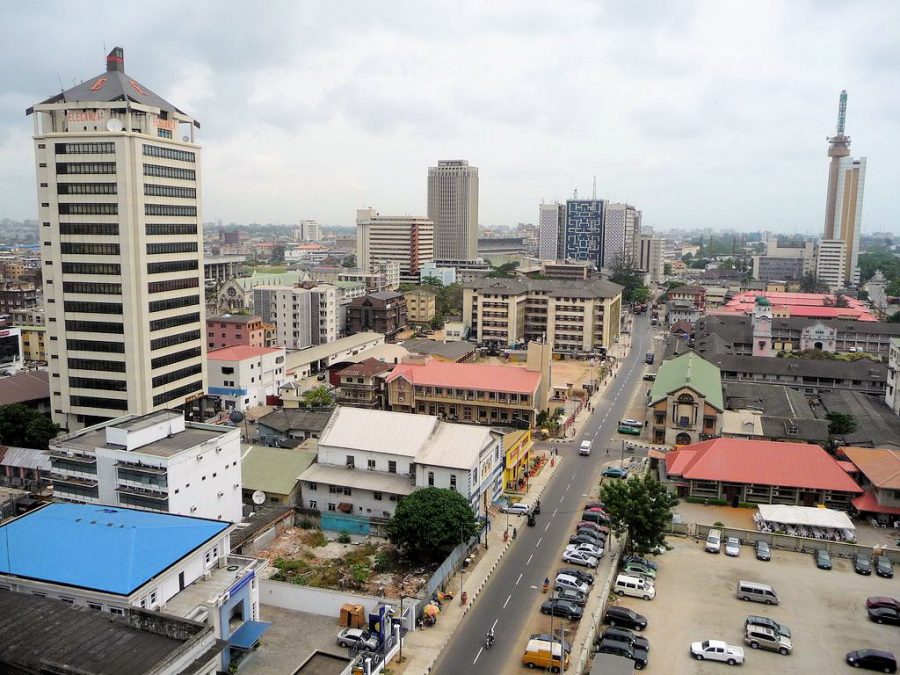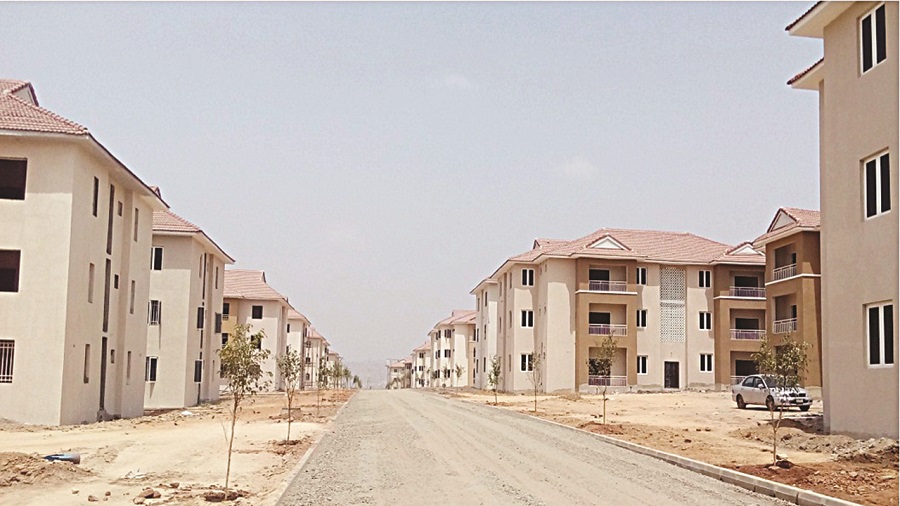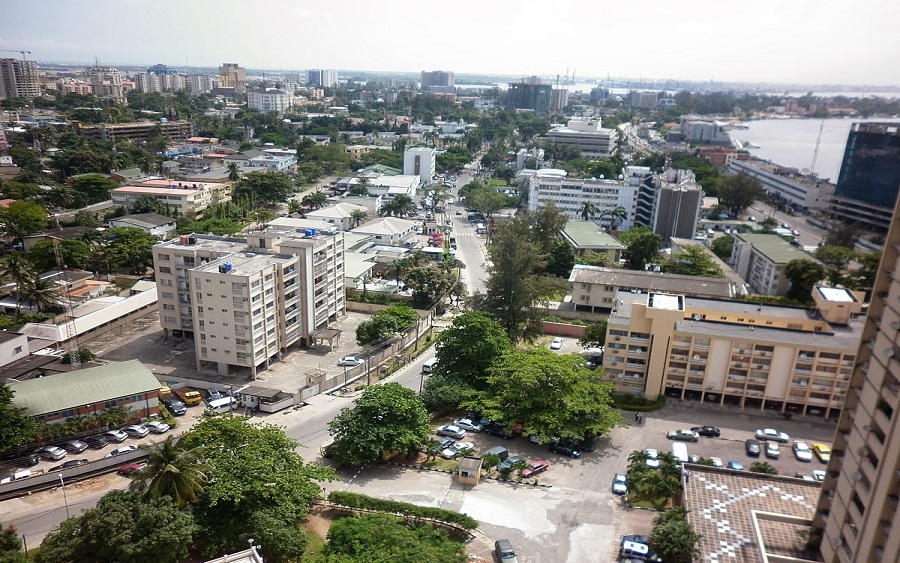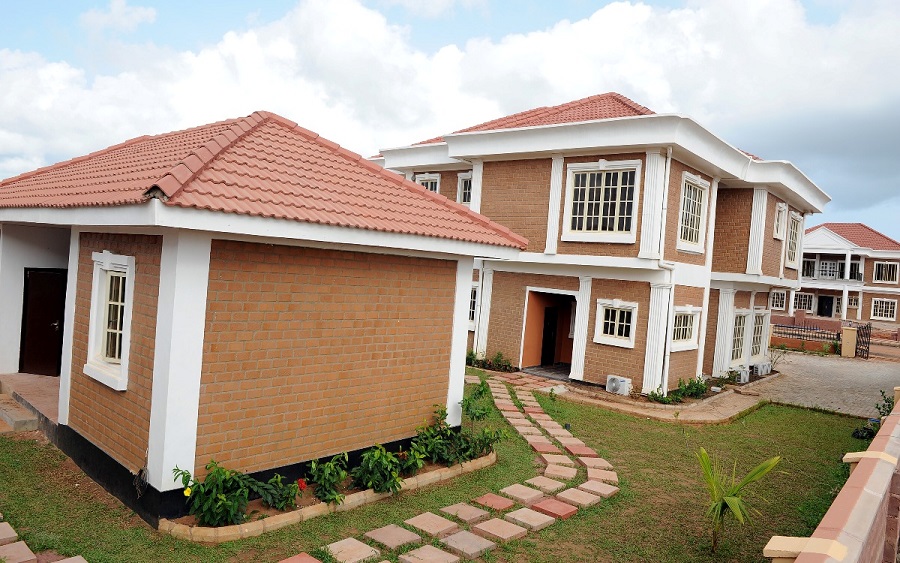Despite the fact that out of the N3.26 trillion proposed Capital Expenditure for the 2021 budget, Works and Housing has the highest capital allocation of about 12.42%, which is N404.64 billion; Real Estate experts believe there are more hurdles ahead for property owners.
They argued that the sector needs government intervention now, as it is struggling to survive the COVID-19 pandemic.
READ: Landlords offer incentives to counter “work from home” induced vacancy rates
A Real estate practitioner and the Vice President, Lagos Chamber of Commerce and Industry (LCCI), Gbenga Ismail, expressed his displeasure over what he described as the government’s negligence and insensitivity to the sector.
During an interview on Channels TV, Ismail explained that the real estate sector has been taken for granted by everybody, including the government. He said, “Government does not realize what it has to do for the sector. When the government is offering bailout or supports for other sectors, it needs to consider areas where the building materials are coming from, like developers, interest rates, contractors who are going into these areas, because they would be affected. If they get affected by any of those variables that have been affected by the lockdown, they won’t be able to deliver. If you look at the stakeholders’ situation in the real estate value chain, from acquisition, construction, and all the areas connected, there must be a way for the government to intervene, especially taxes and levies, without necessarily having to put money in someone’s hands. But the things that add to the cost of the building must also be looked into.”
READ: Real Estate Developers express fear over selection process of CBN’s N200 billion Housing Fund
A Real Estate Analyst, Martin Uche, is optimistic that the remote work policies by some corporate bodies, especially the multinational firms, will affect the Lagos A-Grade office market, not now but during the next round of renewals.
According to him, the international corporates in the financial, technology, and management consulting sectors, who account for up to 70% of prime office tenants in Lagos, are increasingly adopting remote work options, and this will impact the Lagos A-Grade office market during the next round of renewals.
READ: Healthplus: NASSI asks FG to intervene
In one of his report, he said, “Though many offices are starting to open up, the enforcement of varying levels of lockdown as a result of the coronavirus forced corporates to temporarily close their offices in the first half of the year or introduce new work policies to sustain business operations during the period. In response, most companies allowed staff to work remotely during the lockdown period. Though working remotely was a means of keeping businesses running in the heat of the pandemic, it is clear that many international corporates will not be returning to the status quo. Instead, they are considering a number of options centered around downsizing the space they currently occupy, as many have realized that they can operate without the entire team in the same brick and mortar space.”
READ: Scaling in Nigeria’s fashion industry is tough work – Ugo Monye
We look forward to the changes that remote options will bring to the market during the next round of renewals.
A Director at PricewaterhouseCoopers, Bola Adigun, had explained that the growth of real estate is dependent on the health of the economy and if the economy does well, the industry would do well.
She said, “The private sector should look at ways by which they could partner with government to ensure that the nation has a sector that is profitable, bankable, and working. There are multiple areas by which the real estate operator could benefit from the budget.”

